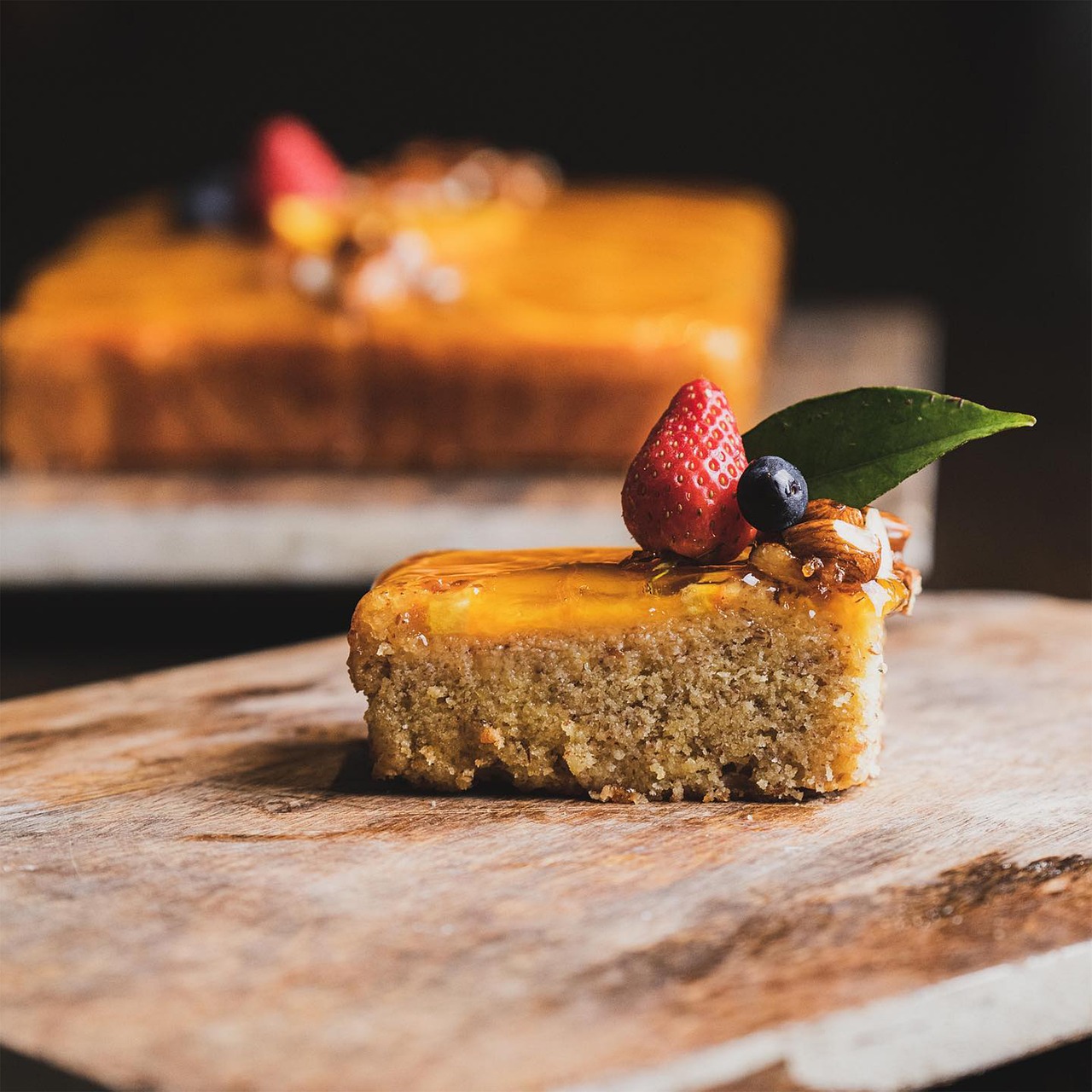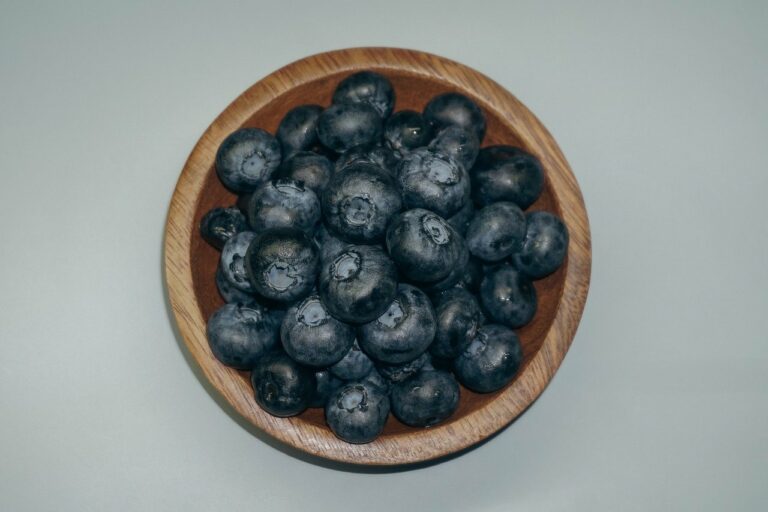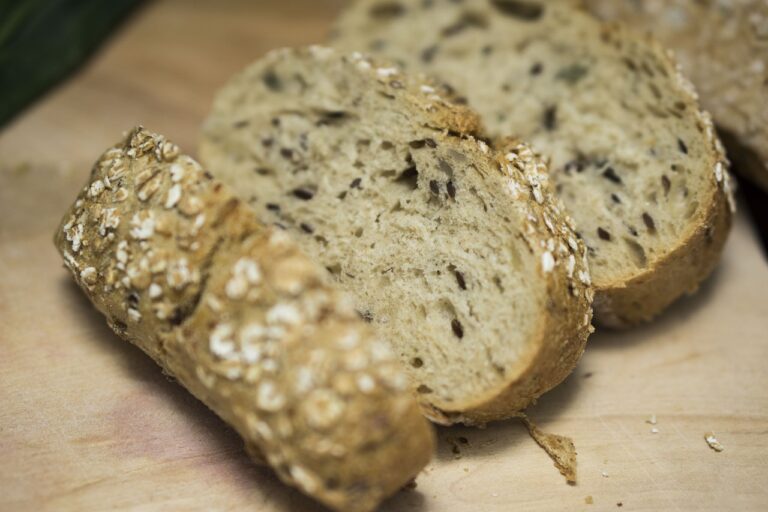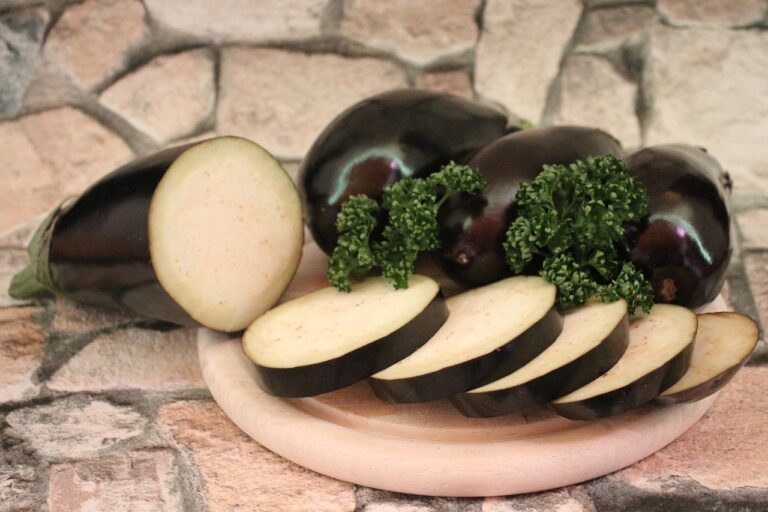Exploring the Use of Sensory Evaluation in Fragrance Development
betbhai9 whatsapp number, radhe exchange admin, lotus365.win login: Exploring the Use of Sensory Evaluation in Fragrance Development
Have you ever wondered how your favorite perfume or cologne is developed? It’s a fascinating process that involves a combination of science, art, and of course, sensory evaluation. Sensory evaluation is a crucial step in fragrance development, as it helps perfumers and fragrance creators understand the nuances of a scent and how it will be perceived by consumers. In this article, we’ll delve into the world of sensory evaluation in fragrance development and explore how it shapes the scents we love.
What is Sensory Evaluation?
Before we dive into how sensory evaluation is used in fragrance development, let’s first understand what sensory evaluation is. Sensory evaluation is a scientific discipline that uses human senses to evaluate products. In the case of fragrance development, sensory evaluation is used to assess the odor, appearance, taste, and texture of a scent. Perfumers rely on sensory evaluation to ensure that a fragrance meets quality standards and resonates with consumers.
How is Sensory Evaluation Used in Fragrance Development?
Sensory evaluation plays a key role in every stage of fragrance development, from concept creation to final product testing. Here’s how sensory evaluation is used in fragrance development:
1. Concept Development: Perfumers use sensory evaluation to brainstorm ideas and create fragrance concepts based on desired emotions, themes, or target markets. By evaluating different scent combinations, perfumers can determine which fragrances align with the vision for a new product.
2. Ingredient Selection: During the formulation stage, perfumers evaluate individual ingredients and blends to assess their scent profiles and compatibility. Sensory evaluation helps perfumers choose the right ingredients to achieve the desired fragrance characteristics.
3. Prototype Testing: Once a fragrance prototype is developed, sensory evaluation is used to gather feedback from a panel of trained evaluators. These evaluators assess the fragrance’s overall impact, longevity, sillage, and other sensory attributes to identify areas for improvement.
4. Consumer Testing: Before a fragrance is launched to the market, sensory evaluation is conducted with target consumers to gauge their preferences and perceptions. Consumer feedback helps fine-tune the fragrance to ensure it resonates with its intended audience.
5. Quality Control: Even after a fragrance is launched, sensory evaluation continues to play a crucial role in quality control. Perfumers regularly evaluate fragrance samples to ensure consistency in scent profile, color, and overall sensory experience.
6. Market Research: Sensory evaluation is also used in market research to understand consumer trends, preferences, and perceptions of different fragrance categories. This information helps fragrance developers create products that align with market demands.
The Role of Sensory Evaluators in Fragrance Development
Sensory evaluators, also known as trained panelists, play a vital role in fragrance development. These individuals undergo rigorous training to develop their olfactory skills and sensory perception. Sensory evaluators are responsible for providing objective feedback on fragrance samples, helping perfumers make informed decisions about scent creation and refinement.
Sensory evaluation is a collaborative process that involves input from perfumers, evaluators, marketers, and consumers. By combining scientific analysis with human perception, fragrance developers can create captivating scents that evoke emotions, memories, and desires.
FAQs
Q: How are sensory evaluators trained?
A: Sensory evaluators undergo extensive training to develop their olfactory skills and sensory perception. Training programs typically involve scent recognition exercises, descriptive analysis, and scent profiling to hone evaluators’ ability to assess fragrance attributes accurately.
Q: What makes a good sensory evaluator?
A: A good sensory evaluator possesses a keen sense of smell, an analytical mindset, and the ability to communicate sensory experiences effectively. Evaluators must be able to accurately describe fragrance attributes, detect subtle differences in scent profiles, and provide constructive feedback.
Q: How important is sensory evaluation in fragrance development?
A: Sensory evaluation is crucial in fragrance development as it helps perfumers create scents that resonate with consumers. By relying on human perception and feedback, fragrance developers can ensure that their products meet quality standards and appeal to target markets.
In conclusion, sensory evaluation plays a pivotal role in fragrance development, shaping the scents we love and cherish. By harnessing the power of human senses, perfumers can create captivating fragrances that evoke emotions, memories, and desires. Next time you spritz on your favorite perfume, take a moment to appreciate the art and science behind its creation.







